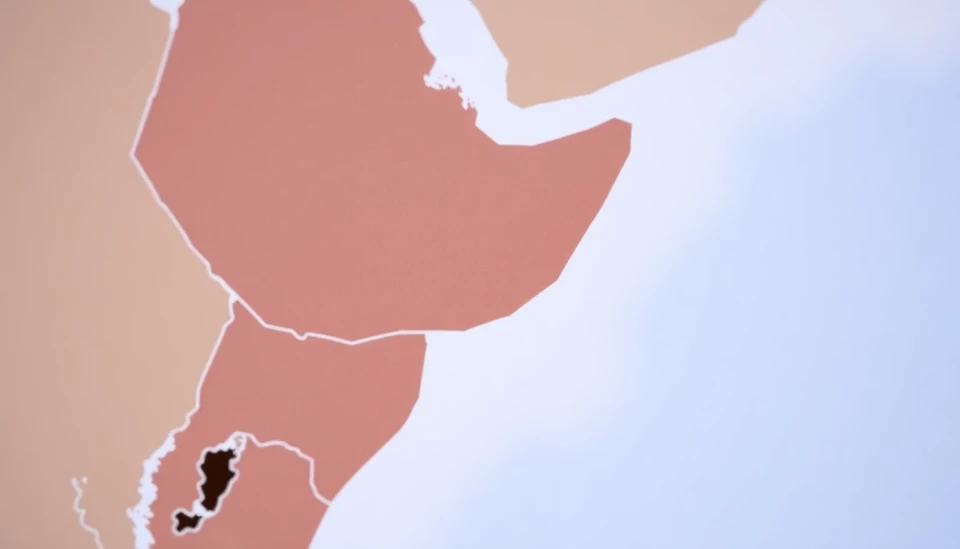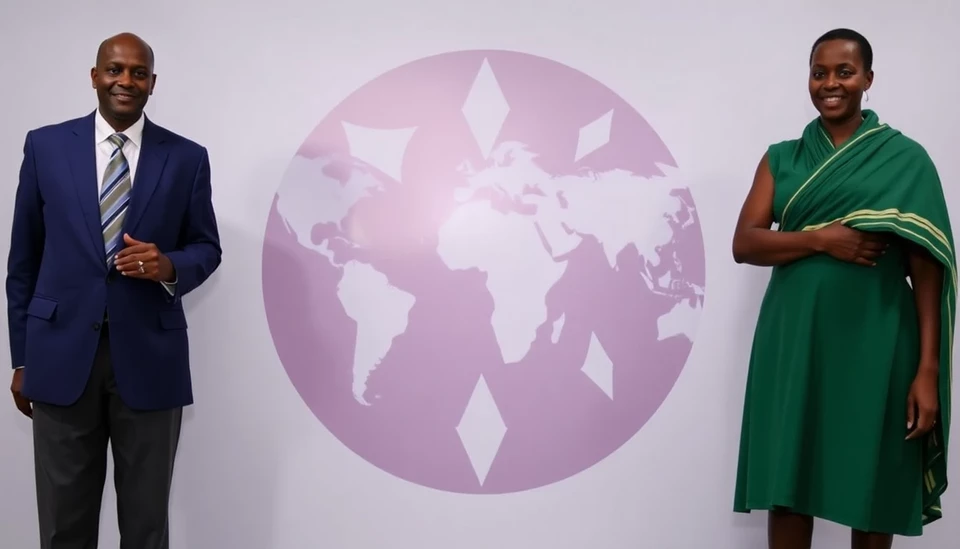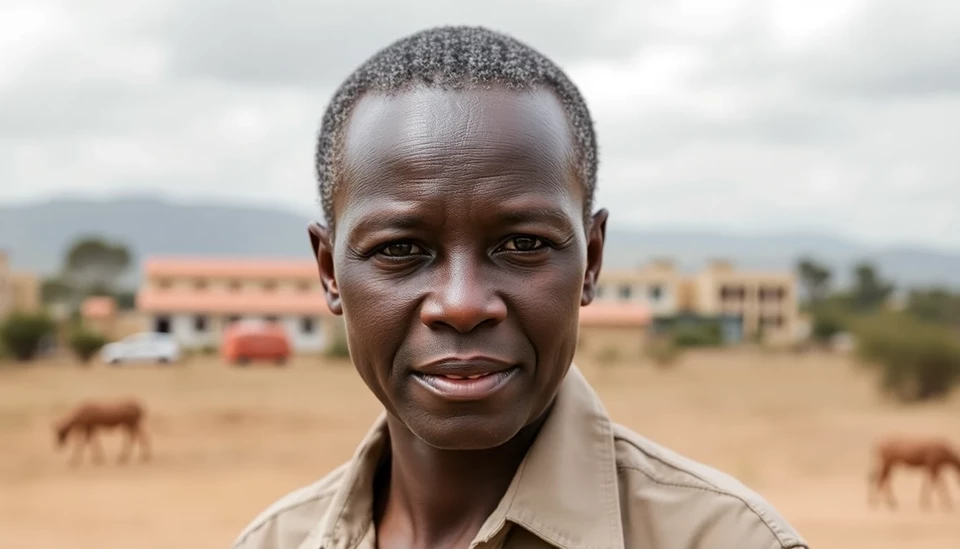
The World Bank has officially reduced its economic growth projections for Africa as the ongoing conflict in Sudan continues to have a profound impact on the region’s stability and development. Recent analyses indicate that the war has not only disrupted immediate economic activities but has also cast a long shadow over future prospects, prompting urgent calls for international attention and support.
In its latest report, the World Bank indicated that the African continent now faces significant headwinds, with GDP growth expectations adjusted down to 3.3% for 2024, a noticeable dip from previous forecasts. This troubling adjustment reflects the far-reaching consequences of instability in Sudan, where ongoing fighting has displaced millions and severely hampered local economies.
The report highlights that the conflict has led to an influx of refugees into neighboring countries, straining already limited resources and infrastructures. This migration crisis exacerbates socioeconomic problems in nations that are already struggling with their own economic challenges, thereby creating a ripple effect of instability across the region.
Economic experts stress that the repercussions of the conflict extend beyond immediate humanitarian concerns. The disruption of trade routes and the agricultural sector in Sudan has diminished food security and increased prices, leading to higher inflation rates in neighboring countries. These factors present serious challenges not just for the affected regions but for Africa’s broader economic landscape.
Moreover, the Bank noted that the uncertainty stemming from Sudan’s conflict is deterring foreign investment, essential for sustainable economic growth. Investors are increasingly cautious in a climate fraught with instability, which could stymie potential development projects that are crucial for job creation and infrastructure development in Africa.
In light of these developments, the World Bank is urging the international community to take proactive steps to address the crisis in Sudan. Greater humanitarian aid, combined with diplomatic efforts to achieve a peaceful resolution to the conflict, is seen as essential to mitigating the wider economic fallout for the continent.
The revised outlook serves as a stark reminder of how local conflicts can have far-reaching implications on regional economies, particularly in Africa, where interconnectedness often means that one crisis can engender a series of cascading effects across borders.
#WorldBank #AfricaEconomy #SudanConflict #GDPForecast #InternationalSupport
Author: Laura Mitchell




